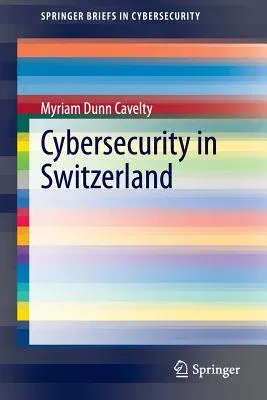Gives the reader a detailed account of how cyber-security in Switzerland
has evolved over the years, using official documents and a considerable
amount of inside knowledge. It focuses on key ideas, institutional
arrangements, on the publication of strategy papers, and importantly, on
processes leading up to these strategy documents.
The peculiarities of the Swiss political system, which influence the way
cyber-security can be designed and practiced in Switzerland are
considered, as well as the bigger, global influences and driving factors
that shaped the Swiss approach to cyber-security. It shows that
throughout the years, the most important influence on the Swiss
policy-approach was the international level, or rather the developments
of a cyber-security policy in other states. Even though many of the
basic ideas about information-sharing and public-private partnerships
were influenced by (amongst others) the US approach to critical
infrastructure protection, the peculiarities of the Swiss political
system has led to a particular "Swiss solution", which is based on the
federalist structures and subsidiary principles, characterized by
stability and resilience to external shocks in the form of
cyber-incidents.
Cybersecurity in Switzerland will be a stimulating read for anybody
interested in cyber-security policy, including students, researchers,
analysts and policy makers. It contains not only specific material on an
interesting case, but also a wealth of
background information on different variations of cyber-security, as
well as on information-sharing and public-private partnerships.


